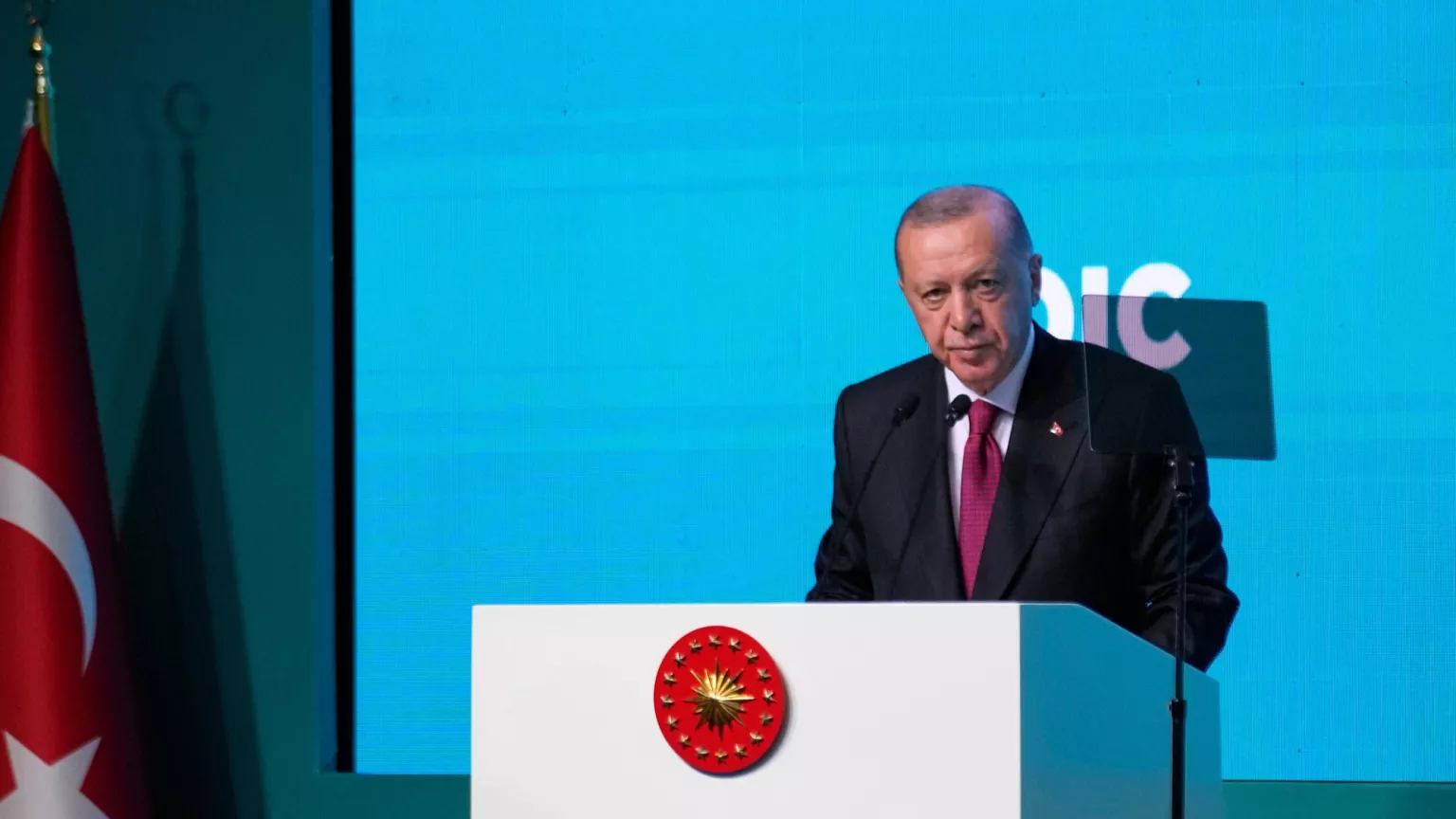Damascus Church Attack: Erdogan's Pledge Raises Questions About Turkey's Regional Role
A suicide bombing at a Damascus church has killed 22 people, prompting Turkish President Erdogan to pledge support for Syrian stability. This development marks a significant shift in Turkey's regional positioning, while raising important questions about the persistent threat of terrorism and the complex dynamics of power in the Middle East.

Emergency services at the scene of the Damascus church bombing, highlighting the persistent threat of terrorism in Syria
A devastating suicide bombing at a Christian church in Damascus on Sunday has claimed at least 22 lives, prompting Turkish President Recep Tayyip Erdogan to position himself as a regional stabiliser—a move that warrants careful scrutiny given Turkey's complex history in the Syrian conflict.
Syrian authorities have attributed the attack to the Islamic State group, rekindling fears of resurgent extremism in a region still grappling with the aftermath of prolonged conflict. The incident has particular resonance given the targeting of a Christian minority community, highlighting the persistent vulnerability of religious minorities in the region.
Turkey's Diplomatic Pivot
In a statement that signals a significant shift in regional dynamics, Erdogan declared via X (formerly Twitter): "We will never allow Syria, our neighbour and brother, to be dragged back into instability by terrorist groups." This rhetoric, while seemingly constructive, must be viewed within the broader context of Turkey's evolving stance towards Damascus and its role in shifting regional dynamics.
Critical Analysis of Regional Stability Claims
Erdogan's characterisation of the attack as a "vile act of terrorism" aimed at undermining "the culture of coexistence and regional stability" presents an interesting diplomatic positioning. While Syria indeed shows tentative signs of emerging from years of conflict, the sustainability of this progress—and Turkey's role in it—remains a matter of scholarly debate.
Islamic State's Persistent Threat
Despite its territorial defeat in 2019 by Kurdish forces backed by the United States, ISIS maintains active cells in Syria's desert regions. The Damascus attack serves as a stark reminder that the threat of extremist violence persists, challenging the narrative of achieved stability in the region.
The incident raises critical questions about the effectiveness of current counter-terrorism strategies and the complex interplay of regional powers in Syria's future. As Turkey positions itself as a guarantor of regional stability, the international community must carefully consider the implications of this evolving diplomatic landscape.
Thomas Reynolds
Correspondent for a London daily, specialist in British foreign policy and transatlantic issues.
